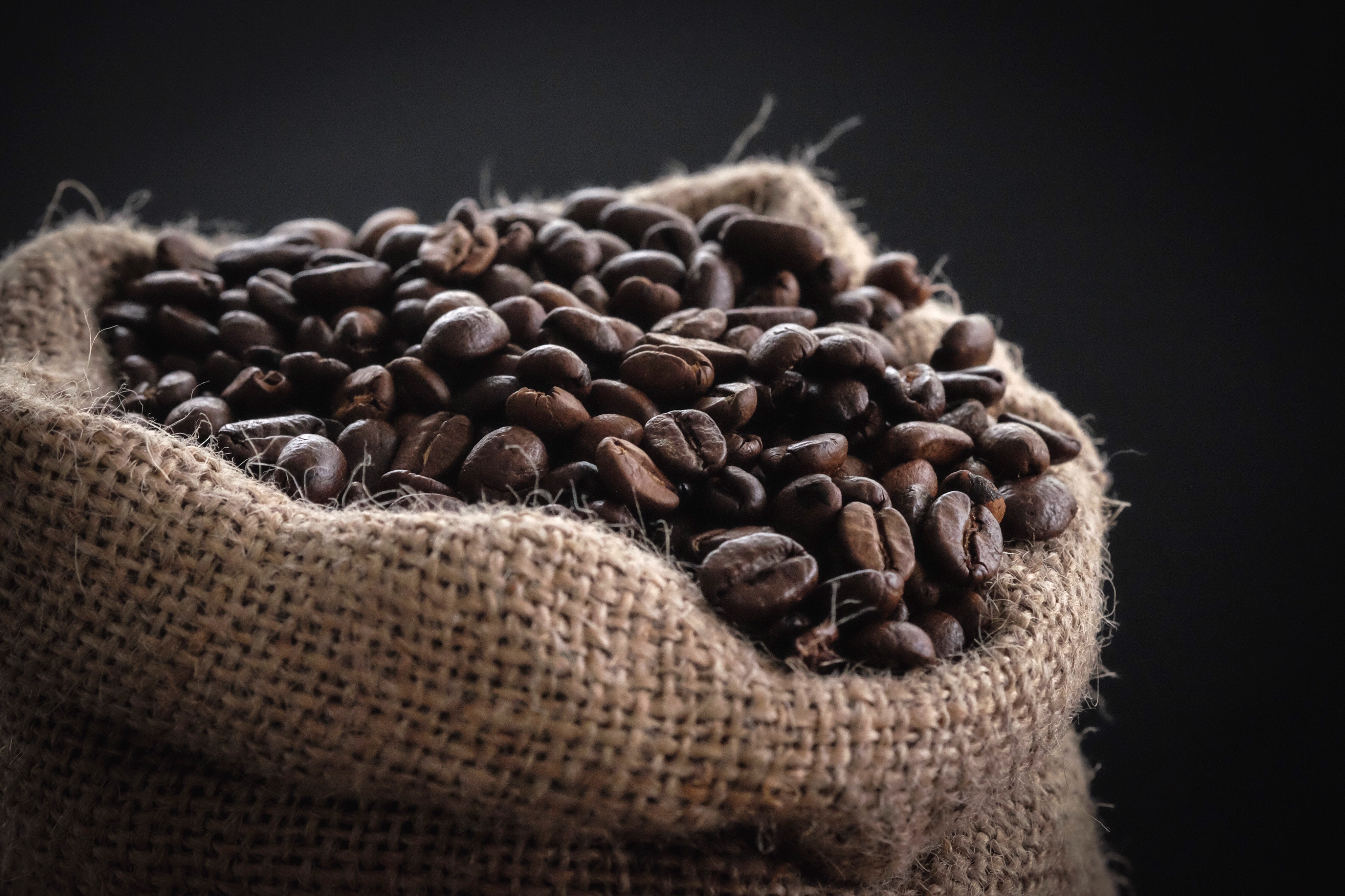A guide to Brazilian coffee
If you’ve been to any specialist coffee house, café, or even the supermarket, the chances are it has at least one variety of Brazilian coffee.There’s a good reason for this. Brazil is one of the biggest growers and consumers of coffee in the world. It’s thought that most espresso coffee beans come from Brazil. This is just the beginning when it comes to the range of Brazilian coffee varieties out there.
So, how did Brazilian coffee become so popular? When did coffee production start in Brazil? What does it taste like? Find the answers below.
What makes Brazilian coffee special?
Brazilian coffee is known all over the world for its quality. All Brazilian coffee must be classified under the Brazilian Official Classification (COB) before it is commercialised. These protocols were introduced by the Brazilian Ministry of Agriculture in 2002 and produce a grading system based on:
- Bean size and shape
- Colour of the bean
- The coffee’s sensory qualities
- Any defects present
This approach is an evolution of the earliest laws in Brazil surrounding coffee production, dating back to 1836. At the time, it was the first country in the world to introduce an official system for classifying coffee beans. Here, varieties and stocks were categorised based solely on the number of defects. Classifications would then develop over the years through debate and consensus among farmers and traders.
Coffee is so ingrained in the economy of Brazil primarily due to the country’s climate. Tropical weather brings a mix of moderate heat and high moisture, which is ideal for growing coffee beans. The rainforest environment also gives the plants shelter from direct heat and the soil offers vital nutrients that impart flavour. Many varieties of Brazilian coffee can be grown at altitude thanks to the mountainous landscape.This helps regulate the temperature, so the bean matures more steadily, thereby developing a deeper flavour.
What roast is best for Brazilian coffee?
Unfortunately, there isn’t a straight answer when it comes to the ideal roast profile for Brazilian coffee. Although this isn’t necessarily a bad thing, as it gives coffee lovers more choice. While there is a wide range of different coffee beans grown in Brazil, a majority are low in acidity and sweet in flavour. For the former, a darker roast is often recommended, whereas a lighter roast can bring out subtle fruit flavours. As both can achieve great results, the type of Brazilian roast coffee comes down to personal preference.
Varieties of Brazilian coffee
The scale of Brazilian coffee production is such that the country grows a vast range of coffee bean varietals. Of these, roughly 70% are Arabica beans and 30% are Robusta beans. Notable varieties are then available as either single origin coffees or as a blend.
Catuai
Frequently known as Yellow Catuai due to its colour, these beans have a medium acidity and additional flavours of citrus and fresh fruit.
Bourbon
A popular speciality coffee, Bourbon beans produce a balanced coffee. Their soft and sweet taste emulates chocolate, whilst remaining mild.
Obata
Obata has a very sweet, honey-like, flavour with hints of flora. It then mellows, which is a taste experience made possible by its Timor Hybrid and Villa Sarchi lineage.
Acaiá
Grown at high altitudes in the southern areas of Brazil, Acaiá beans produce a full-bodied coffee with low levels of acidity.
Mundo Novo
A natural hybrid of Red Bourbon and Typica, Mundo Novo has nutty and woody flavours. This bean was made popular among Brazilian due to its resistance to disease and comparatively high yield.
Icatu
Icatu is an exciting bean featuring flavours of malt, cocoa, and syrup. It combines elements from Bourbon Vermelho and Robusta variants.
Brazilian coffee roasters
At Pumphrey’s, we’re passionate about bringing coffee from all over the world to our headquarters in Blaydon and then to you. Our professional roasters practice traditional techniques using open flame to bring out the flavours across our range of coffees. Our freshly roasted coffee beans get inspected by a team of experienced Pumphrey’s baristas to ensure our customers can access delicious coffee. Contact us today.

 Pound Sterling
Pound Sterling
